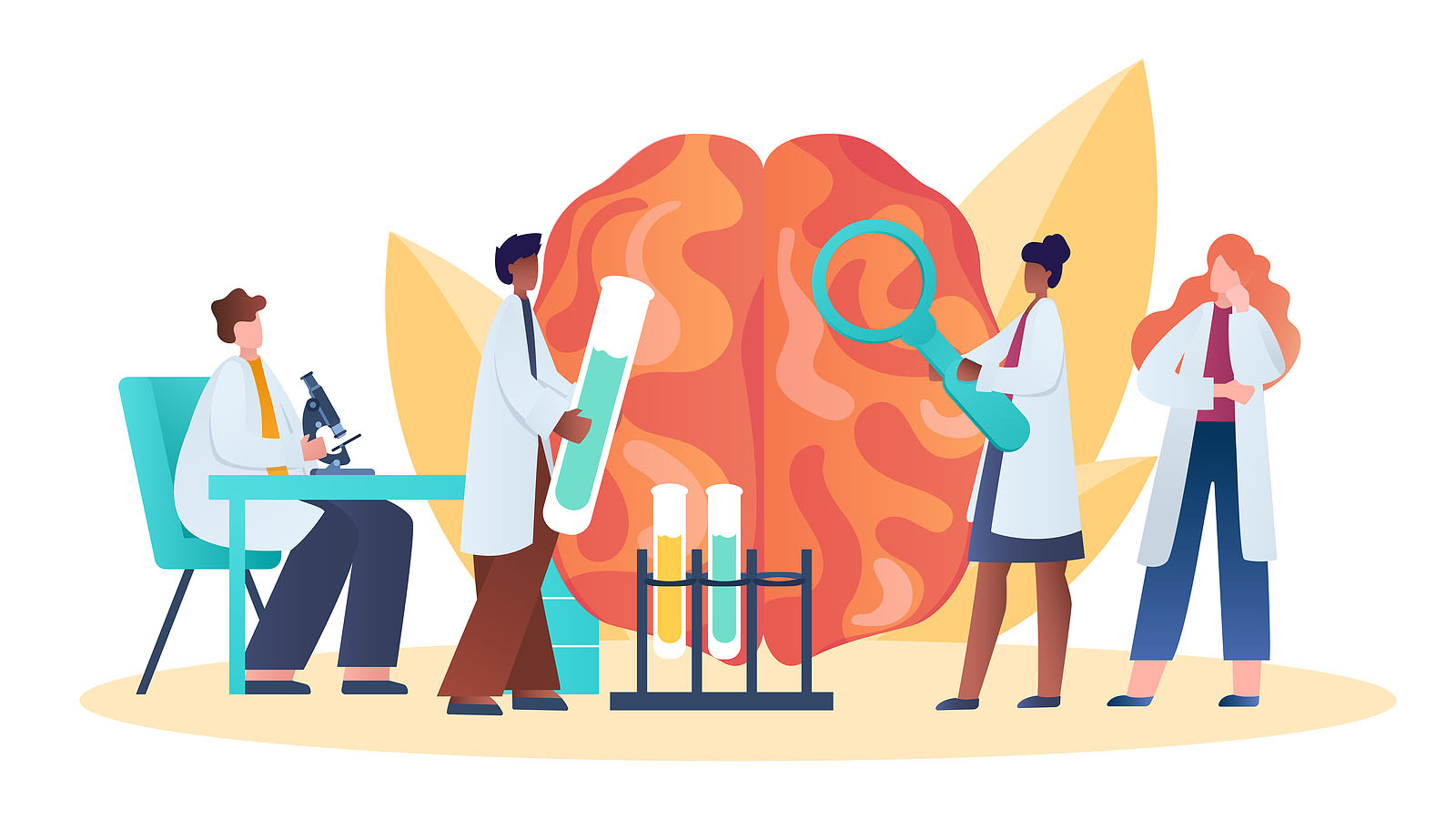
Sleep is essential for our survival and well-being, but while sleep deprivation and disorders are associated with a number of medical conditions and diseases, many of the mechanisms of sleep are still not well understood.
Learning how sleep disruption and disorders can lead to health problems will provide insight into both sleep itself as well as the consequences of sleep dysfunction. And identifying the genes that regulate sleep could lead to new treatments for sleep disorders, supporting overall wellbeing.
How does sleep affect our health?
Sleep affects our health at a fundamental level. But is it all based on our own genetics and molecular function? Recent research suggests not.
Some JAX researchers have discovered that the microbiome – the community of bacteria and other microorganisms that live in and on our bodies and contribute to our health in a myriad of ways – may also play an influential role in sleep. JAX Professor Elissa Chesler, Ph.D.Develops software tools and resources for multi-species data integration in the study of health and disease and researches the genetic and biological basis for relationships among behavioral traits including addiction and other behaviors.Elissa Chesler has found that a Your sleep, your genes, your microbesNew research shows that the presence of Odoribacter in the gut alters sleep patterns differently in mice depending on their genetic background.specific type of gut microbe, odoribacter , restores regular sleep cycles in lab-controlled experiments in mice. Next steps in her research may include identifying more microbes that can have potentially beneficial effects in humans.
How does sleep disruption or disorder affect our brains?
Sleep disruption and disorders can have a number of negative effects on the brain. It can impair cognitive function, memory, judgment and decision-making skills. It can also lead to mood disorders such as depression and anxiety. Sleep deprivation has also been linked to an increased risk of Alzheimer's disease and other forms of dementia.
The connection between sleep and Alzheimer's disease
According to one study, people who slept for less than six hours a night were three times more likely to develop Alzheimer's disease than those who slept for seven hours or more. JAX researchers are now turning to mice to examine the connection between sleep and dementia and how sleep disorders are associated with Alzheimer's disease. Associate professor noted that many Alzheimer's patients suffer from sleep disturbances or insomnia, and these in turn The sleep-dementia connectionCatherine Kaczorowski of JAX to launch study of genetic factors involved in sleep disturbances in patients with Alzheimer’s disease and other dementias.make the progression of the illness worse .
"Genetic factors underlie disordered sleep associated with Alzheimer’s disease,” says Kaczorowski. “If we can find those factors and determine whether they can be blocked, it’s a potential way to stave off cognitive decline.”
As research continues, Kaczorowski and her team are trying to identify the genes and pathways that better explain the sleep-Alzheimer's connection, which in turn may offer more treatment options to people affected by this and other dementias.
How do sleep disruptions and disorders affect addiction?
Addictions that prove harmful to our health may also be closely connected to sleep. Sleep deprivation may increase an individual’s susceptibility to developing addictions to substances like nicotine or alcohol. In addition, sleep deprivation can lead to problems with judgment and decision-making, exacerbating the addictive behaviors.
JAX researchers have been examining how sleep can play a role in addiction. JAX Associate Professor Vivek Kumar, Ph.D.Understand the genetic and neurobiological basis of complex behaviors that are important in psychiatric conditions such as addiction, ADHD, and depression using genomic, neural circuit, and computational tools.Vivek Kumar is using advanced machine learning and computational science to How do sleep and social interaction affect addiction?Innovative AI technology captures mouse sleep and social behaviors for the study of their influence on drug intake and addiction.study mouse sleep patterns in both normal function and disease to see what factors can disrupt healthy sleep.
Armed with this detailed behavioral data, addiction researchers will be able to measure the influence of social and sleep behaviors on drug intake behavior in large-scale genomic experiments, to discover genes that regulate vulnerability to addiction.
Next steps in researching the dynamics of sleep
Future studies will look at how genetic variation affects sleep, and what molecular pathways can be targeted to improve sleep patterns for those who struggle to sleep well. In the meantime, researchers and JAX and beyond are working to examine how sleep disorders, disruptions and deprivation are tied to conditions such as addiction, Alzheimer's and dementia, and the effects of microbiome on sleep patterns.
The outcome of these studies may offer new treatments and approaches to sleep disorders, as well as helping treat the associated diseases.
For more information about the JAX studies mentioned above, follow the links below.
https://www.jax.org/news-and-insights/2020/march/your-sleep-your-genes-your-microbes
https://www.jax.org/news-and-insights/2022/february/the-sleep-dementia-connection
https://www.jax.org/news-and-insights/2019/july/how-do-sleep-and-social-interaction-affect-addiction